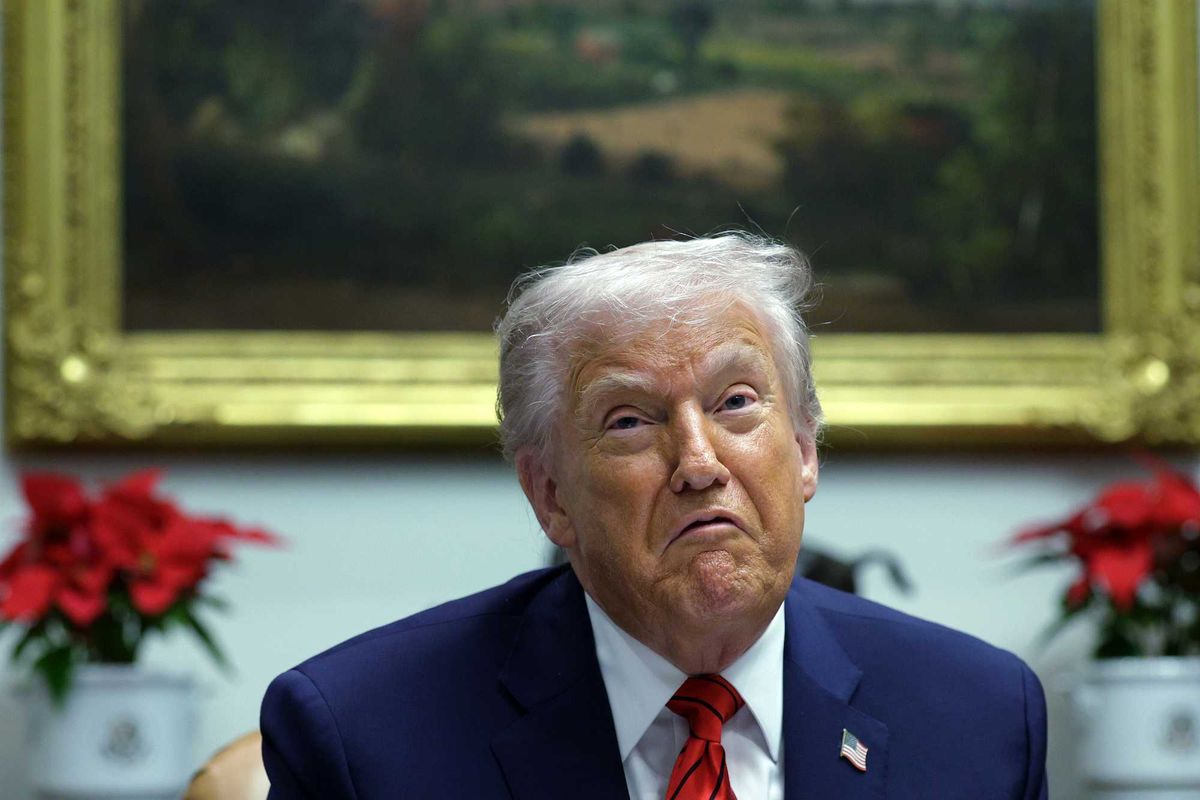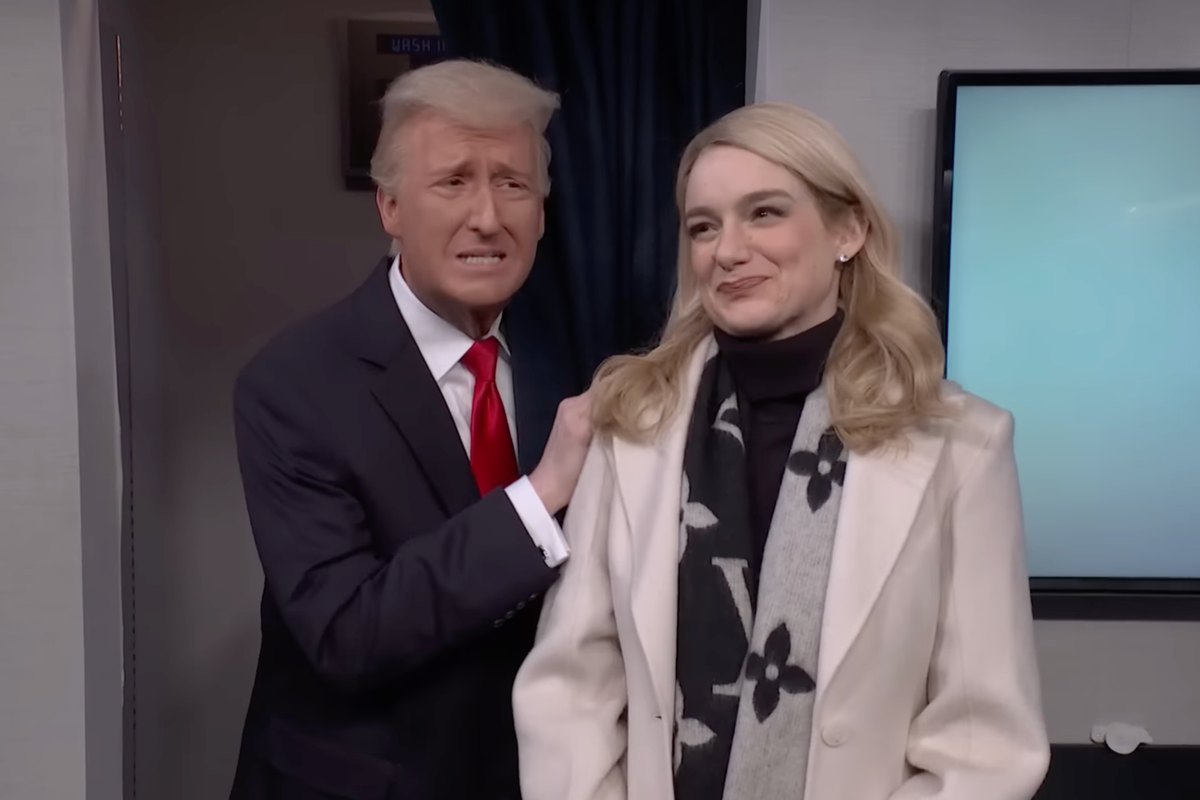News
Dr Adam Winstock
Nov 22, 2015
The author is a consultant addiction psychiatrist and founder of the Global Drugs Survey. He has held senior academic posts at renowned institutions including King’s College London and the University of New South Wales.
While the government obsesses over the ideologically driven but evidence light Psychoactive Substances Bill - which could see a blanket ban on legal highs - the Global Drug Survey (GDS) has found that the number of people using New Psychoactive Substances (NPS, or designer drugs) has actually decreased from one in four in 2012 to less than one in 10 in 2015.
One reason for this is that most NPS are just not as "good" as their traditional counterparts - and the UK has seen an increase in quality of MDMA and cocaine available (even though prices have increased).
My view on this is supported by findings from the GDS 2015, which found "value for money" was the most important driver for people using NPS:
Why do people use NPS?
It might be of interest to governments to note that thinking NPS are safer than traditional drugs is just not that important (and does not support the endlessly repeated soundbite that people think because they are legal they are safe - this is simply not the case. People who use drugs for the most part are not idiots).
For new drugs to be "successful" they will need to have something to offer that will either displace existing users from an old product or attract new users. Despite a decline in the wider drug-using population it is clear that some continue to use them with the synthetic cannabinoid products being most popular.
Headlines from the across the US, UK and Europe highlight the escalating emergency room admissions due to synthetic cannabinoids. Findings from GDS 2015 support these concerns, with more people seeking emergency medical help after using them than any other drug.
Given the choice most people will opt for the drug, or form of the drug, with the nicest effects and the least risks of harms.
The effects of income
Not having much money limits that choice: think crack versus cocaine and super strong lagers versus a posh bottle of wine. Now think natural cannabis versus synthetic cannabinoid products (SCPs) also known as cannabinoid receptor agonist (CRAs).
And there’s nothing like poverty to make having a serious drug problem much harder to deal with. Poverty hampers access to better quality drugs, healthcare and support.
Watching global news reels and Vice documentaries showing street users in major cities festering like ghetto kids in the favelas, I am starting to think that many novel psychoactive drugs may finally have found their resting place in the market – at the bottom.
And as evidence mounts that synthetic cannabis carries huge risks of acute harms and dependence, it seems a far too familiar story that the drugs that carry the greatest risk are migrating to those most vulnerable to drug-related harm and those least resilient to removing themselves from the chaos to a place of safety.
For others with desire to numb themselves from the reality of their situation, continued use will lead to the emergency room agitated, sweaty, paranoid and psychotic. That new drugs are about to become the target of a new drugs war just seems to be adding insult to injury.
Where next?
If I sound worried, it's because I am. And given all we know about the harms of early onset cannabis use impacting on the developing brain and increasing the risk of schizophrenia I think that use of synthetic cannabis by young people might be a real public health issue. I have to remind people "before you try and expand your brain you have to let it grow".
So this year, GDS is continuing its assessment of synthetic cannabis products. We’ll explore whether the preparations and routes of use are changing and whether or not the widespread availability of vaporisers are leading to a whole new range of health risks (or benefits).
We will keep assessing the risk of seeking emergency medical treatment and hope the manufacturers revise the potency and effect profile of what they are adding in to make these products safer. So if you have dabbled with new cannabis products and would like to add your experiences to thousands of other people so we can get the best information to you next year please take the time to take part in GDS2016, the largest drugs survey the world has ever seen.
To watch the video about the Global Drugs Survey 2016, see below:
Take the survey here.
More: These are all the things Theresa May's legal highs bill could accidentally ban
More: We asked an expert what he thought of Theresa May's ban on legal highs
Top 100
The Conversation (0)













